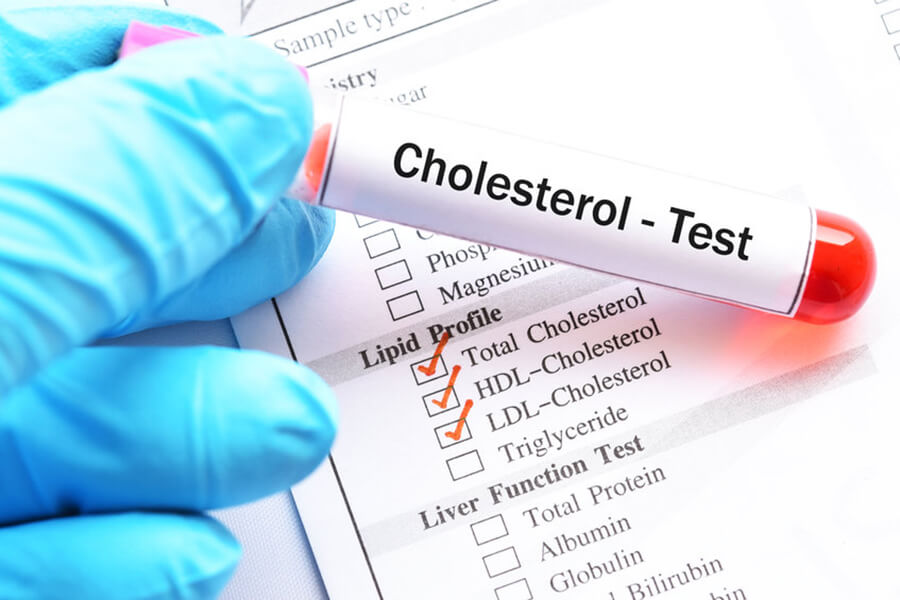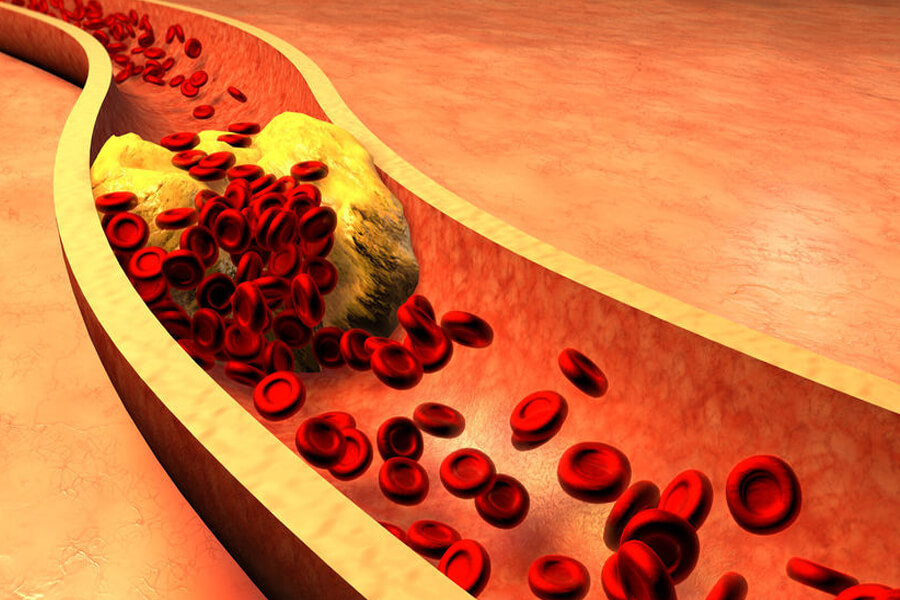We’ve all heard that too much bad cholesterol (low-density lipoprotein or LDL) can raise our risk of heart disease and early death. But there’s new evidence that too little of it may also increase the risk of hemorrhagic stroke.
Excessively low bad cholesterol levels
A team of researchers from the Nutritional Epidemiology Lab at Penn State wanted to confirm previous research that indicated that excessively low bad cholesterol could raise the risk of bleeding stroke. The earlier study, which took place in 2019, only included women over 45. This new study included both men and women.
The scientists measured the bad cholesterol of 96,043 participants at baseline and then every year after for 9 years. They used medical records to look for links between bad cholesterol levels and the risk of stroke. Potential co-founders, such as blood pressure, sex, age, and other medications, were weighed.
The results of the study
Surprisingly, they found that participants whose bad cholesterol was below 50 mg/dl had a 169% higher risk of having a bleeding stroke than those with levels between 70 and 99 mg/dl.
“Traditionally, an LDL cholesterol level of more than 100 mg/dl had been considered as optimal for the general population and lower in individuals at elevated risk of heart disease,” says Xiang Gao, senior author of the study and associate professor of nutritional sciences and director of the Nutritional Epidemiology Lab. “As is true with many things in nutrition, moderation and balance are key when deciding the optimal target level of LDL cholesterol. You can’t go to either extreme—too high or too low.”
Gao points out that anyone at high risk for a bleeding stroke—whether from heavy alcohol consumption, high blood pressure or family history—should be extra careful about LDL cholesterol levels.
The results of the large-scale study were published in the journal Neurology.




